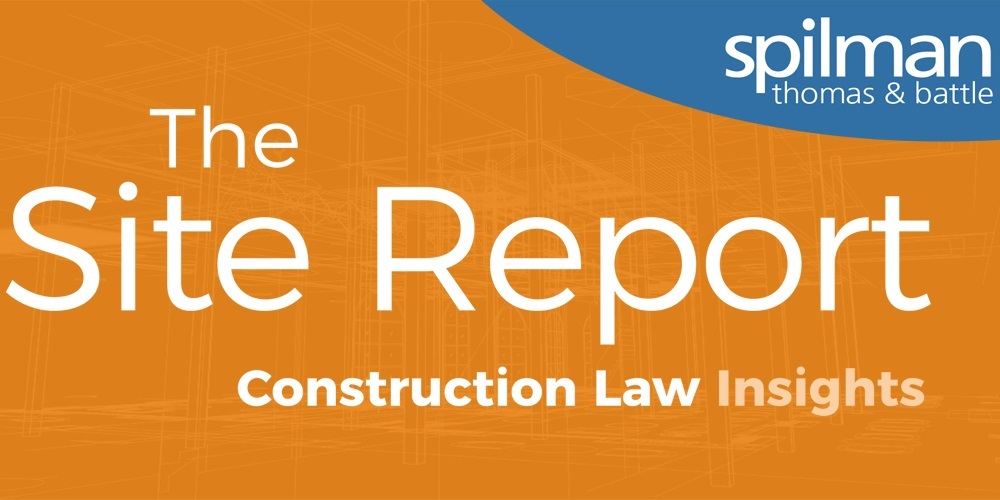Article
Resources
Article
Updates to the Virginia Prompt Payment Act

The Virginia General Assembly made significant amendments to general rules for construction contracts, as well as the specific rules for public entity construction contracts in the Prompt Payment Act, that largely remove the option of “pay when paid” contracts between general contractors and subcontractors. Beginning in 2022, Virginia Code section 11-4.6 requires every private construction contract to include a provision requiring the owner to pay the general contractor within 60 days of receiving an invoice, or give the general contractor notice why the owner is withholding payment for work it believes was either defective or just not done within 45 days. It also requires a contractor to pay a subcontractor upon the earlier of 60 days after completion or seven days after receiving payment from the owner (or higher-tier contractor), or give notice of intent to withhold payment for cause. The 2023 General Assembly clarified these provisions in 2023. Primarily, with respect to private construction contracts, it locked up the language of the statute tightly such that all private construction contractors should be careful to make sure that these clauses are present. It results in a reallocation of risk upward toward general contractors and higher-tier subcontractors. Subcontractors can still face uncertainty if the owner or a higher-tier contractor declares bankruptcy or there are unresolved change orders and claims, but it is now much safer for subcontractors to assume that when they do work, they will get paid. Notably, these provisions specifically exclude public contracts.
With regard to public entities, the amendments to the Prompt Payment Act, Virginia Code secs. 2.2-4347 to 2.2-4356, are mostly, but not entirely, consistent with the changes to the general private construction contract language. While the language is largely similar, it differs in some of the specifics. Since governments commonly let many construction contracts, this is of particular importance to public entities. Public entities tend to use variations on the American Institute of Architects (“AIA”), Engineers Joint Contract Drafting Committee (“EJCDC”), or Department of General Services (“DGS”) standard terms and conditions for construction contracts. When drafting supplemental terms and conditions for AIA and EJCDC documents, it is important for local government and agency attorneys to update older sets of supplemental terms and conditions to make them consistent with the new Prompt Payment Act provisions. However, there is now a different definition for a “construction contract” for the purposes of the Prompt Payment Act and the general provisions for contract formation elsewhere in the Public Procurement Act. While the differences appear small, these are, again, issues that will need to be resolved, particularly when dealing with job order contracts (“JOC”) where elements of both architecture/engineering and construction are present.
From the standpoint of owners, these provisions are good. Every public entity has a story about a general contractor that did not pay their subcontractor, the subcontractor pulled off the job and made a claim on the payment bond, and entire project went sideways. The new Prompt Payment Act and general contract provisions give the owner some leverage to get the subcontractors paid, back on the job, and essential infrastructure and government facilities to be completed on time.
As always, if you’re concerned that your contract provisions may be out of compliance with these very new provisions, contact your legal counsel to update your standard contract forms.


